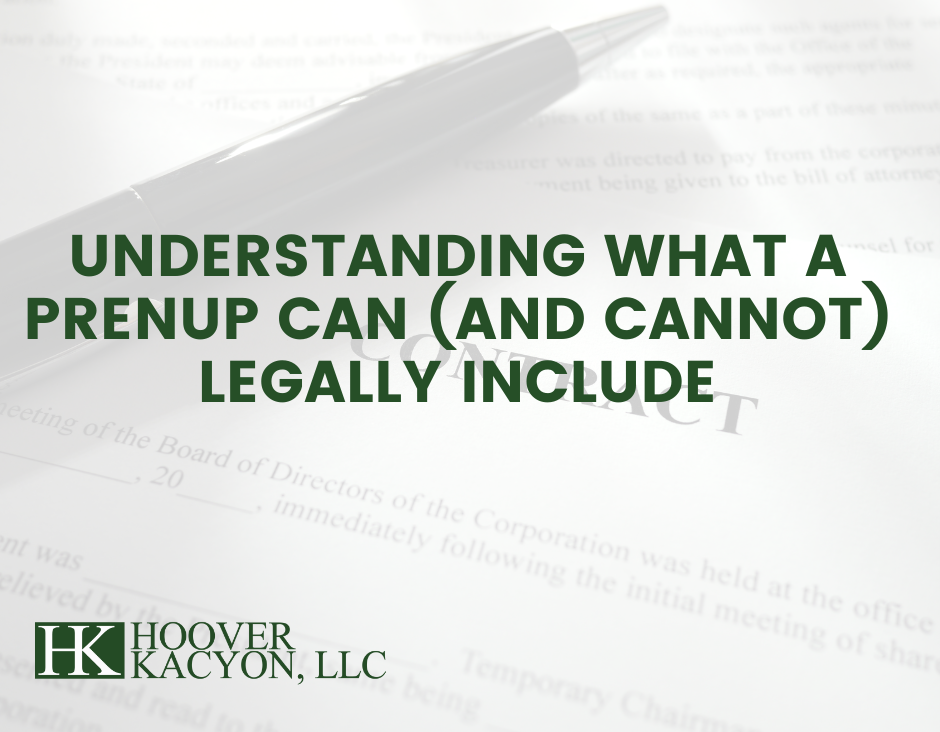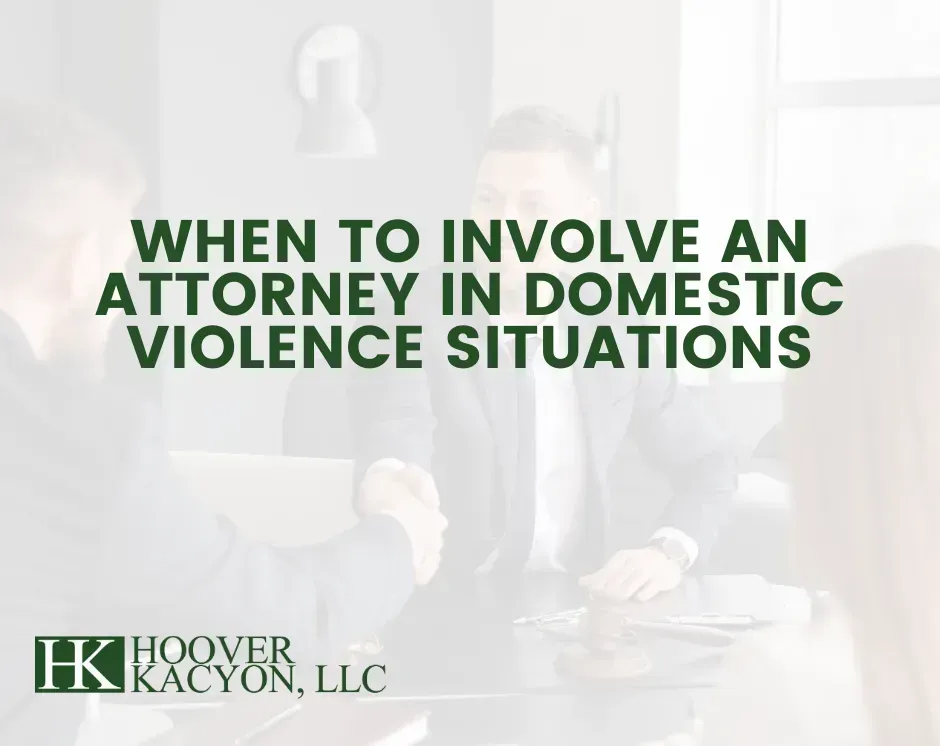
12 Mistakes to Avoid When Divorcing After 20+ Years
Divorce disrupts your life in many ways. When you’ve been married many years, transitioning to a single-income household can deplete your savings, too. Being close to retirement means you must take steps to avoid making your life harder in the case of a dissolving union.
Assets Inventory
One partner is usually more versed in the finances than the other. Make sure you have a good understanding of bank accounts, retirement accounts, investments, life insurance, and any other assets you hold.
Keeping House
Keeping your home may seem less disruptive, but consider all the angles first. You need to be able to cover the mortgage costs plus maintenance on the property.
Know Debts
Getting a credit report can help you discover any joint payment responsibilities you may be liable for half of when you split. The report ensures you have each one accounted for without surprises during the divorce.
Tax Consequences
Remember that every decision you make during divorce proceedings has tax implications. Having that in the forefront of your mind will help dictate your decisions.
Health Insurance
If you’re on your soon-to-be ex’s health insurance, look into your options now. Another cost to ensure you can cover for yourself. Through an employer, COBRA for up to 36 months, or the Affordable Care Act, put that on your list to ensure you handle it.
Retirement Funds
Placing your portion of a retirement fund into an IRA is subject to 10% tax. Establishing a QDRO (qualified domestic relation order) can help that process, allowing a one-time withdrawal without the standard tax.
Supporting Others
Others often rely on you, whether friends, grown children, or other family members. Watch your income and protect your future as a priority so you know when you have the means to help others.
Hiding Assets
The temptation to hide assets so it looks like you have less than you do may be high, but the legal troubles this could cause would not be worth the attempt. The settlement for your spouse could increase in assets, you could receive a contempt-of-court ruling, or you could face perjury or fraud charges.
Underestimating Expenses
You may need to create or adjust your budget now that you will no longer have two incomes to pay your bills. Factor all that in so you don’t find yourself in a bind when payments are due.
Divorce Advisors
The cost of the advisors comes from the settlement you receive, so bear that in mind. Stay on top of what they are spending for you so you aren’t taken by surprise as they charge by the hour each time you consult their expertise.
Future Pension
Any part of a pension earned during a marriage is part of the assets. You can receive a share of future benefits, present or offset value, and any combination of those two may be factored into the divorce.
Professional Team
The minimum you should have is a divorce lawyer, but you are entitled to an entire team of professionals to help you through your dissolution. Check credentials and do your due diligence before hiring anyone so you have the highest quality of service possible.
Hiring a law firm familiar with divorce proceedings and splitting of property will significantly impact how you are protected. No matter how complicated or complex your divorce might be, the Akron and Cuyahoga Falls Hoover Kaycon, LLC Attorneys at Law are here to answer your questions and help you through the process. We deliver the highest quality legal representation from a team of professionals while also providing excellent customer service. Call us at
330-922-4491 or
contact us
online
to make an appointment.
Recent Post






You Might Also Like






You Might Also Like










You Might Also Like













